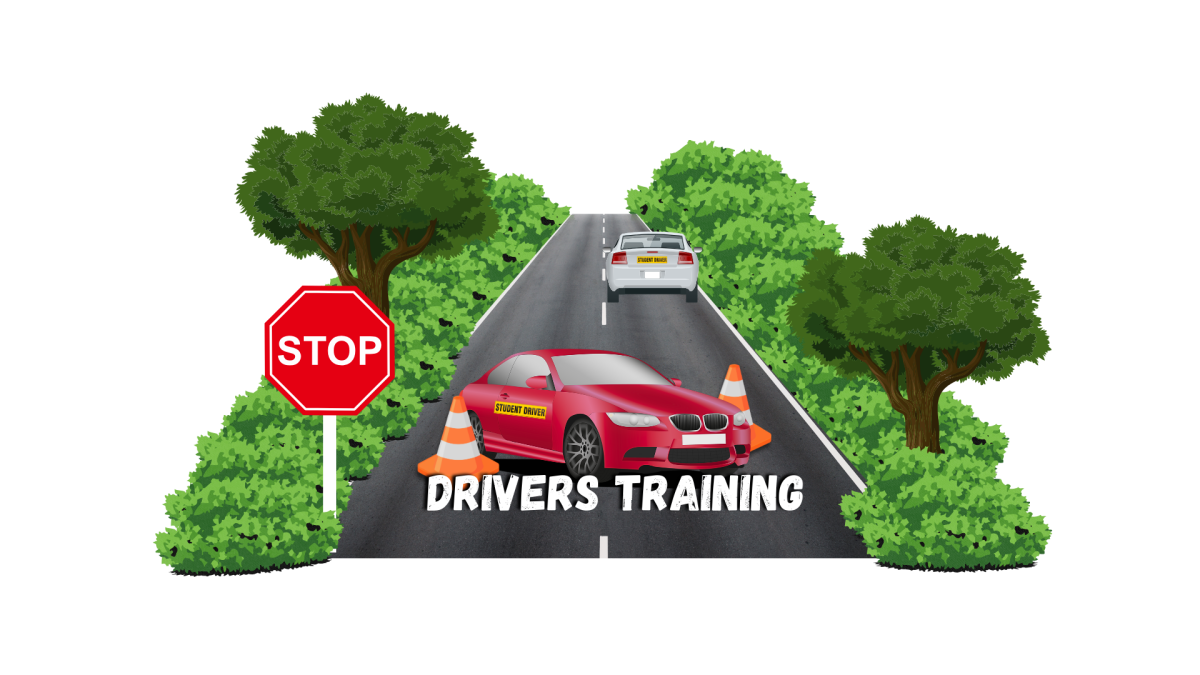
Sleepless nights, stress eating, study sessions and cramming, matters that many Michigan juniors know all too well when preparing for the Scholastic Aptitude Test, or as it’s more commonly known, the SAT. The standardized test is a requirement for all Michigan high school graduates, regardless of the fact that, according to FairTest, nearly two thousand U.S. colleges and universities, 48 of which are located in Michigan, do not require SAT scores upon application or admission.
College admissions aside, the issues with the SAT go deeper. The test was created for the College Board in 1926 by Carl Brigham, who was a professor of psychology at Princeton University. At the time, Brigham was considered a pioneer in the field of psychometrics, the study of mental capacity, due to his earlier work as an administrator of mental tests for WWI army recruits. During his employment as an administrator, Brigham wrote his book, A Study of American Intelligence, which contributed greatly to furthering the study of psychometrics.
Within Brigham’s writing, he reached the conclusion that those of European origin were intellectually superior to those who were not.
Presently, the conclusions Brigham reached in “A Study of American Intelligence” are considered to be flawed due to his personal prejudice and research techniques, and even Brigham himself refuted his claims just a mere seven years later.
Although Brigham had refuted his own claims in his book “A Study of American Intelligence,” the research he gathered while writing the book remained the basis for his creation of the SAT. Brigham’s harmful assumptions in his writing cannot be ignored as an influence in his creation of the test.

The racist beginnings of the test still influence it today. Data analyzed by the Brookings Institution from the 2020 SATs shows that black and Latinx students repeatedly receive lower scores than white students on the math section of the SAT. This data follows historical trends about the racial achievement gap within the SAT which could be attributed, in part, to pre-existing racial inequities within schools across the country.
Andre Perry puts it perfectly in his writing for Brookings, “Test score differences [between races] are a symptom of systemic discrimination,” and the SAT shows this considering wealthier students from white backgrounds are found to score higher on standardized tests.
A 2023 study conducted by members of Opportunity Insights, a Harvard-based research team, showed that students who are in the wealthy “one percent” are 13 times more likely to have an “above average” SAT score (1300 or above). This inequality in test scores could be influenced by the availability for individuals of lower socio-economic status to afford tutors and practice books, as well as the ability of these students to take practice exams and test retakes.
These preparatory options are intrinsically reserved for the elite, those who have the money, and this simple fact means that those who may be struggling with poverty are not afforded the same opportunities to score as high as students who can receive such expensive advantages.
To alleviate this issue within our community, KPS provides students with various opportunities for practice exams throughout their high school career as well as supplying practice books to students. In addition, some teachers incorporate SAT practice during their classes and offer different study materials. Khan Academy is also offered to KPS students as a resource for both coursework and SAT preparation.
With this being said, SAT preparation is not compulsory for students even though the test is required for Michigan students to graduate. The lack of compulsory preparation means that students attending different school districts across the state may not be as fortunate and, therefore, at a disadvantage when taking the test.
The SAT is not just discriminatory, it is also limited in what it tests, creating an environment that favors memorization-based studying and “educated” guessing rather than critical or creative thinking.
Many real-world experiences need students with critical thinking, interpretation, leadership and teamwork skills, as well as creativity, but these are abilities that are often neglected during the SAT.
Additionally, students who do not have plans for traditional post-secondary education, but are instead going into the trades, are not tested on skills that are vital for their future. Those who may go into construction, plumbing, mechanics, or other hands-on occupations require a skillset the SAT does not test on, but these skills are necessary nonetheless.
The SAT is too limited in what it tests, creating an environment that neglects many important skills that are just as vital to students pursuing post-secondary education and careers. Not to mention the SAT is tied to a rough past and a discriminatory present. The test needs an extensive overhaul that addresses its racial and economic score gaps and supports those who are at a fundamental disadvantage. Since these issues run much deeper than the test, the best option is to eliminate it as a requirement for graduation and college admission.
Overall, the SAT has more disadvantages than benefits and has become an outdated test that is seen by many students as nothing more than a “get it over with” graduation requirement.








Dale • May 21, 2024 at 1:42 pm
Please explain how mathematics can be racially biased. When I was in Naval OCS they had us take a minority based sat test. I scored first place. Knowledge is knowledge